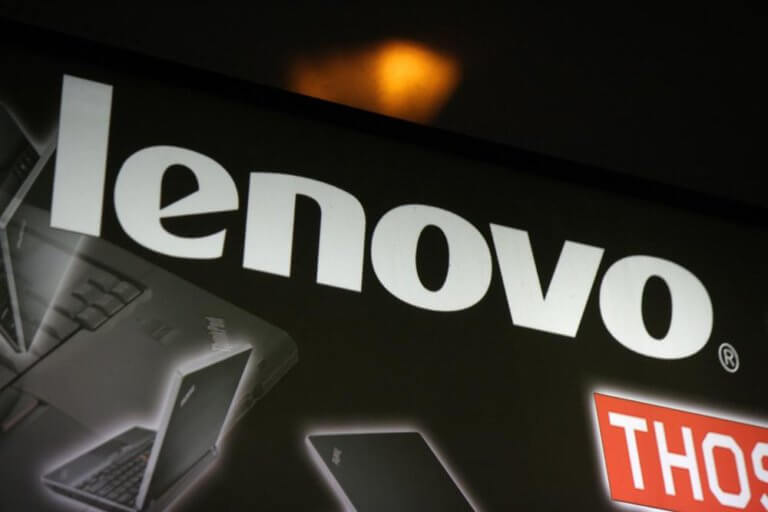Entrepreneurs pitching ‘disruptive’ start-ups are 22% more likely to get funding, but receive 24% less investment than less risky ventures, according to new research from Rotterdam School of Management, Erasmus University (RSM).
A disruptive start-up, breaking away from existing products, services and business models, can potentially bring colossal returns for investors. But these ventures are also risky, with a considerable possibility of failure, says Timo van Balen, a researcher at RSM.
Timo analysed data of 918 start-ups from Start-Up Nation Central, a private non-profit organisation that has collected data on all Israeli start-ups since 2013. He compared the characteristics of each profile’s vision statement, aimed at investors, with how much funding the venture secured.
Alongside fellow researchers, Murat Tarakci of RSM and Ashish Sood of the University of California Riverside, he discovered that increasing the communication of a start-up’s disruptive vision improved the odds of receiving funding by an average of 22%. But it cut the amount invested by an average of 24%. This amounted to $87,000 less in the first investment round and $361,000 less in the second investment round.
Timo says: “Entrepreneurs increasingly talk about ‘disruption’, framing their products, technologies and ventures in this way to secure financial capital. We found that emphasising this image of a venture’s potential market disruption does increase the odds of receiving first-round funding. This is because the promise of being a ‘game-changer’ fosters investors’ expectations of extraordinary returns on their money. However, a highly disruptive venture’s future success is often uncertain, which deters investors from making large speculative investments into it.”
The research suggests that entrepreneurs can craft the communication of their vision to help achieve their funding goals.
Timo says: “Despite the temptation to pitch a venture as disruptive, entrepreneurs should be judicious with the ways they attempt to secure funding. If getting an investment of any size is very important, pitching a highly disruptive vision might be key to grabbing the right people’s attention. But if it’s more important to attract bigger investments, it might be smart to avoid communicating a disruptive vision of the effect of your start-up.”
























